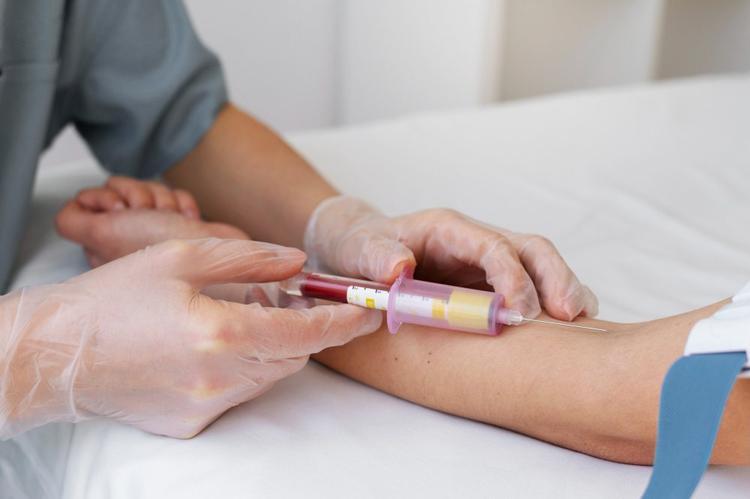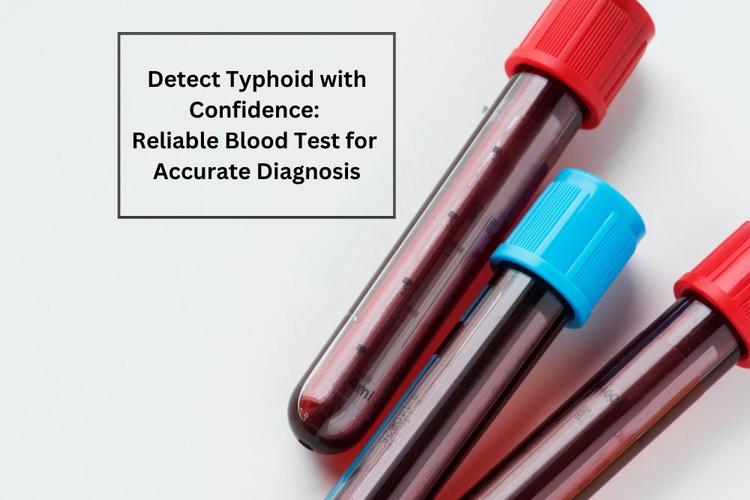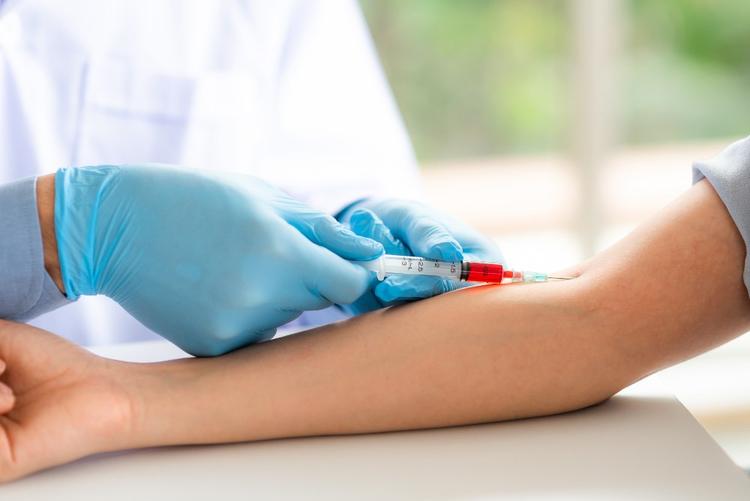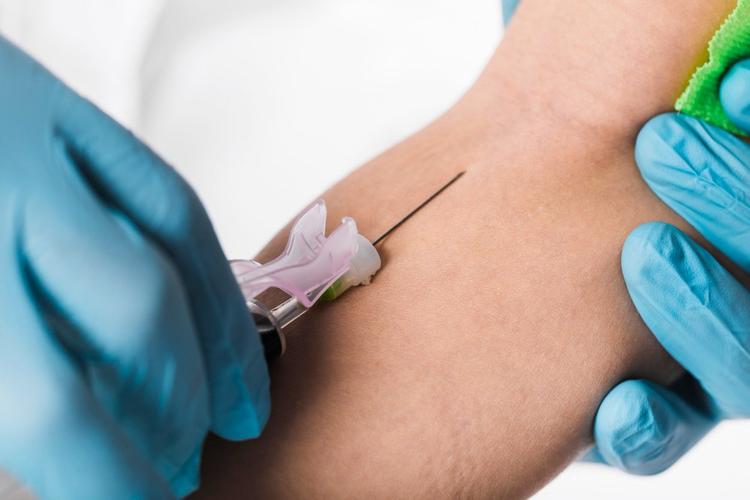Serum Creatinine Test Normal Range by Age: Complete Values

Medically Reviewed By
Dr Divya Rohra
Written By Prekshi Garg
on Feb 24, 2022
Last Edit Made By Prekshi Garg
on Apr 5, 2024
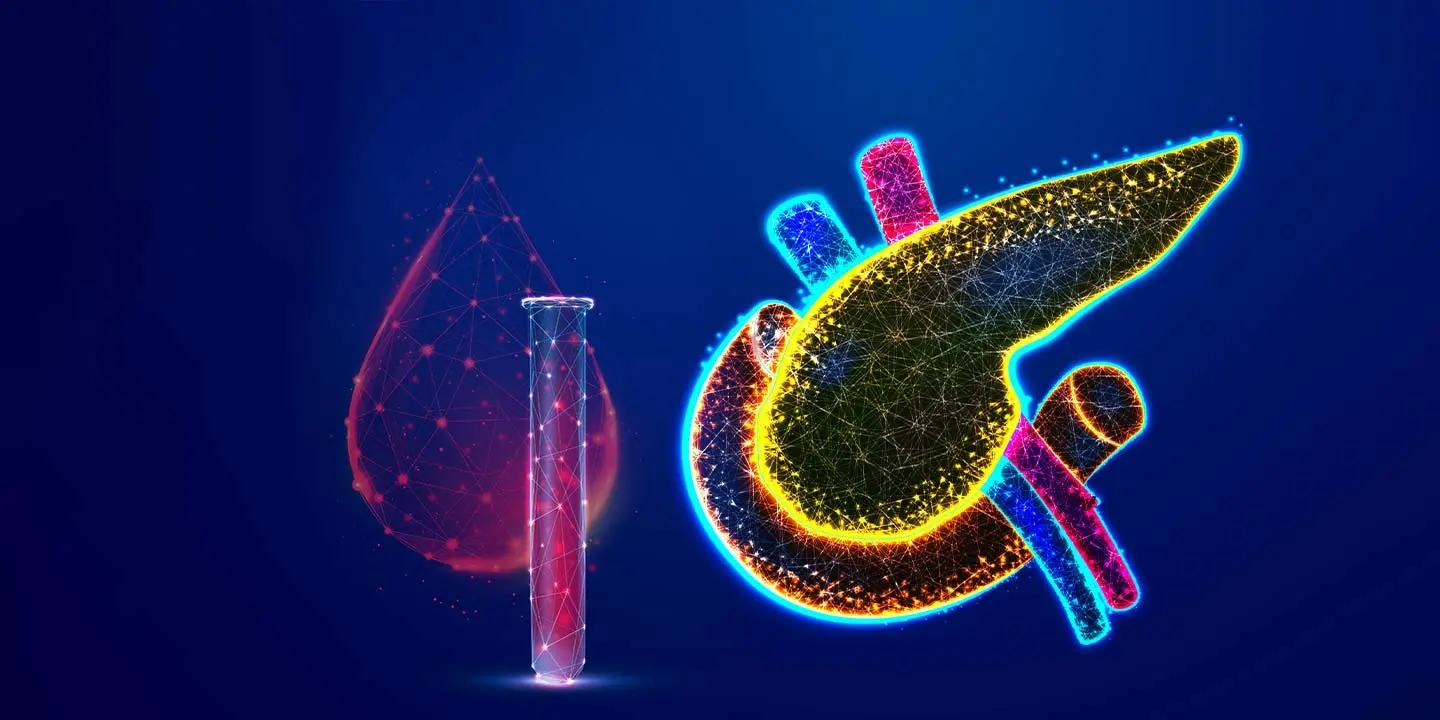
Creatinine is a natural byproduct formed due to the breakdown of creatine, a protein that plays a vital role in muscle contraction. It is a waste product that is excreted out from the body on reaching the kidney. The levels of creatinine in the serum help diagnose the kidney’s functioning and health. The normal range of creatinine levels present in the serum depends largely upon your age, gender, and several other factors such as diet, physical activity, and medical history.
Creatinine test normal range is an essential health parameter that helps in diagnosing kidney function and overall health. Hence, it is essential to understand the normal range of creatinine levels based on age and gender to interpret the test results accurately.
In this article, we will examine the creatinine test normal range present in different age groups in males and females to provide you with comprehensive knowledge about this vital health parameter.
Extremely unexplained fatigue, dehydration, low urine output, swelling in the feet, etc., all point toward one complication, which is abnormal creatinine levels. Not only does it lead to kidney damage, but it can also exert complete kidney failure if not treated on time. Regular testing is your best chance at prevention. Don’t think twice. Get tested before things take a hit for the worse.
In this Article
Serum creatinine normal range in adults
The creatinine level in serum majorly depends upon your muscle mass. Females generally have less creatinine level than males because of less muscle mass. Similarly, children have less creatinine levels than adults as their muscle mass is not fully developed yet.. The optimum range of serum creatinine level in males ranges from 0.6 mg/dL to 1.2 mg/dL whereas in females the serum creatinine level lies between 0.5 mg/dL to 1.1 mg/dL. As you get old, your muscle mass starts decreasing, causing a decrease in the normal creatinine level. The age-wise normal creatinine level in adults is tabulated below:
| S.No. | Age Group (years) | Approximate Serum Creatinine Level (mg/dL) | |
| Male | Female | ||
| 1. | 18 - 41 | 0.6 - 1.2 | 0.5 - 1.0 |
| 2. | 41 - 61 | 0.6 - 1.3 | 0.5 - 1.1 |
| 3. | 61 and above | 0.7 - 1.3 | 0.5 - 1.2 |
Serum creatinine normal range in children
Understanding the normal reference range for serum creatinine levels in children is crucial to ensure proper diagnosis and treatment of any underlying kidney-related health issues.
The reference range for serum creatinine level in children ranges from 0.3 mg/dL to 1.2 mg/dL in newborns, 0.2 mg/dL to 0.4 mg/dL in infants, 0.3 mg/dL to 0.7 mg/dL in children and 0.5 mg/dL to 1.0 mg/dL in the adolescent stage. A study conducted on children to determine the age-wise reference range for serum creatinine levels has provided valuable insights. According to a study, the age-wise reference range in children is tabulated below:
| S.No. | Age Group | Approximate Serum Creatinine Level (mg/dL) | |
| Male | Female | ||
| 1. | 1 - 12 months | 0.39 | 0.39 |
| 2. | 1 - 2 years | 0.42 | 0.42 |
| 3. | 2 - 3 years | 0.46 | 0.45 |
| 4. | 3 - 4 years | 0.49 | 0.48 |
| 5. | 4 - 5 years | 0.51 | 0.50 |
| 6. | 5 - 6 years | 0.53 | 0.52 |
| 7. | 6 - 7 years | 0.57 | 0.56 |
| 8. | 7 - 8 years | 0.59 | 0.60 |
| 9. | 8 - 9 years | 0.61 | 0.61 |
| 10. | 9 - 10 years | 0.63 | 0.62 |
| 11. | 10 - 11 years | 0.68 | 0.63 |
| 12. | 11 - 12 years | 0.71 | 0.70 |
| 13. | 12 - 13 years | 0.78 | 0.73 |
| 14. | 13 - 14 years | 0.85 | 0.74 |
| 15. | 14 - 15 years | 0.94 | 0.79 |
| 16. | 15 - 16 years | 1.02 | 0.81 |
| 17. | 16 - 17 years | 1.05 | 0.82 |
| 18. | 17 - 18 years | 1.05 | 0.82 |
Can Creatinine Levels change quickly?
Creatinine levels can often fluctuate rapidly in a day and can be influenced by several factors such as diet, physical activity, and hydration status. Therefore, a high creatinine level in one blood test report can be a false positive indicator. Thus, doctors often monitor creatinine levels for an extended period of time. The increased levels of creatinine in several blood tests indicate the possibility of chronic kidney disease or acute kidney damage.
Chronic kidney disease is a long-term condition where the kidneys gradually lose their ability to function correctly, while acute kidney damage is a sudden and severe decrease in kidney function. In both cases, the increased creatinine levels are due to the kidneys' inability to filter and excrete waste products from the body efficiently.
It is essential to identify the underlying cause of increased creatinine levels and manage the condition promptly to prevent further kidney damage and improve kidney function. This may involve lifestyle modifications, medications, or other interventions depending on the severity of the condition.
Therefore, regular monitoring of creatinine levels, along with other kidney function tests, is crucial in maintaining optimal kidney health and preventing kidney-related complications.
Takeaway
Regular monitoring of creatinine levels is important to assess kidney function and detect any kidney-related health issues. However, it is crucial to remember that the levels of creatinine test normal range can fluctuate throughout the day and can be influenced by several factors such as diet, physical activity, and hydration status.
Therefore, doctors often recommend monitoring creatinine levels over an extended period of time to identify any significant changes or patterns.
If you suspect any kidney-related health issues, it is advisable to consult a healthcare professional and get your creatinine levels checked. Redcliffe Labs offers a quick and precise Creatinine Test that can help assess your kidney function. Our home sample collection service makes it easy and convenient to get tested from the comfort of your home.
By getting your creatinine levels checked, you can take proactive steps to manage any kidney-related health issues and prevent further kidney damage.
Frequently Asked Questions (FAQs)
-
What is the critical level of blood creatinine?
The serum creatinine level greater than 4 mg/dL in the blood is a critical serum creatinine value.
-
Can the abnormal level of serum creatinine go back to normal?
Yes, the abnormal levels of serum creatinine can go back to normal if the appropriate treatment for the underlying cause of the increase in creatinine level is done.
-
How can a diet help me reduce serum creatinine levels?
Certain modifications to your diet can considerably help you reduce high serum creatinine levels. These modifications include avoiding red meat and fish products and increasing the vegetable protein in your diet.
-
What serum creatinine level indicates kidney failure?
The serum creatinine level of 2 mg/dL and above in babies and 5 mg/dL in adults indicate severe kidney impairment that requires aid from a dialysis machine to remove wastes from the blood.
